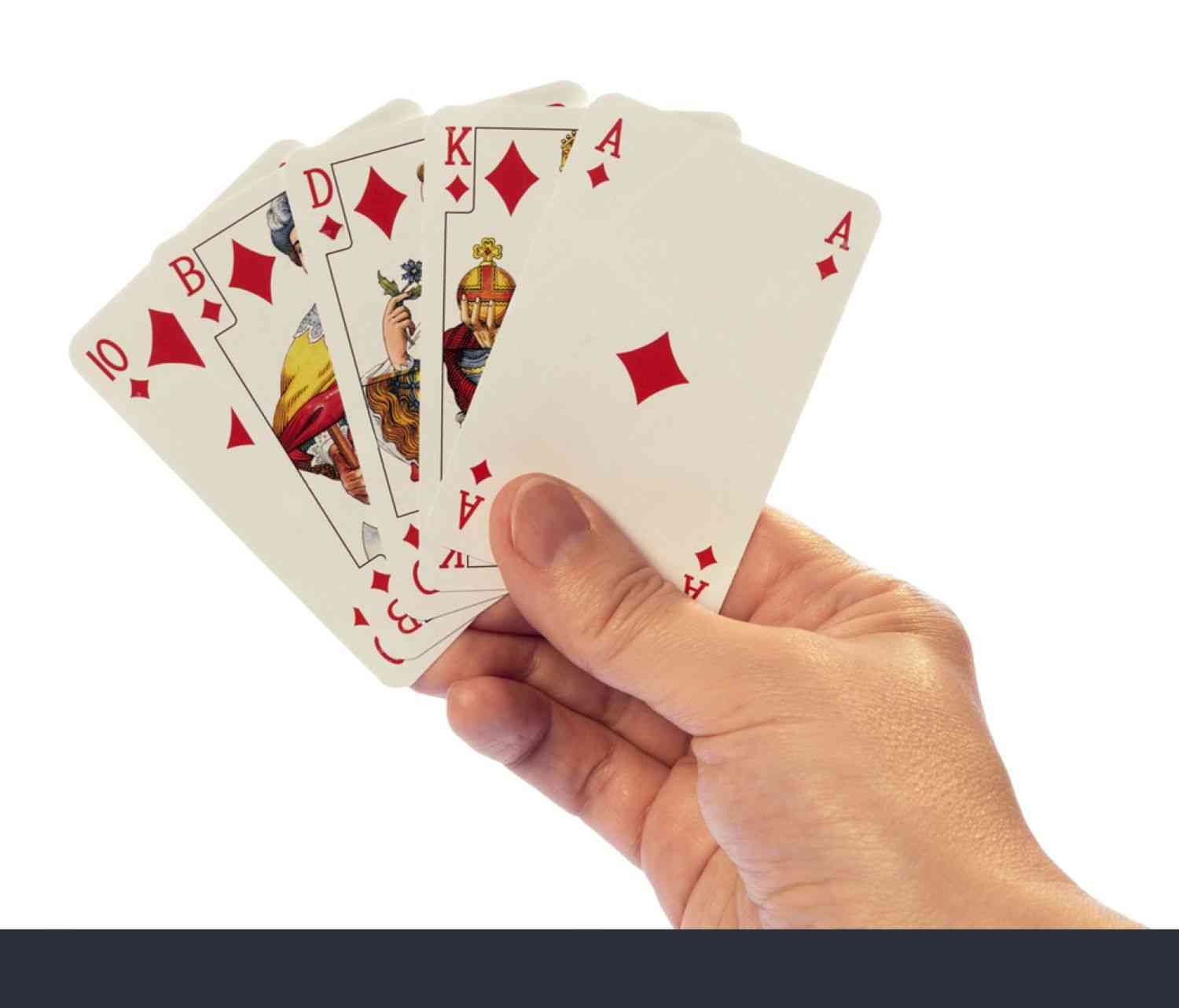How to Read the Field: Making Smart Competitive Decisions in Online Tournaments
How to Read the Field: Making Smart Competitive Decisions in Online Tournaments
Playing good bridge is only half the battle. If you're serious about improving your tournament performance—especially in online games—you need to develop a skill that separates top players from the pack:
Reading the field.
In large tournaments, you're not just playing the cards in front of you—you're also playing against dozens or even hundreds of other pairs who are holding the same cards. The difference between an average and a top score often comes down to one key question:
What will most of the field do on this board—and how can I do just a little better?
In this post, we’ll explain how to think like a tournament player, how to make field-aware decisions, and how platforms like Bridge Champ give you the tools to outplay the average—not just survive the deal.
What “Reading the Field” Means
In duplicate bridge (especially Matchpoints), you’re competing across a field of players who are dealt the same boards. Your score on each hand is compared directly to theirs. That means your result is relative, not absolute.
So if:
- Most pairs bid 3NT and make it
- But you bid and make 4♠
Then you’re ahead of the field. But if:
- Most pairs stop in 3♠
- And you go down in 4♠
You’re behind—even if your play was technically correct.
Reading the field is about predicting what most players will do—and finding a line that improves on it, safely.
Why It Matters Most in Matchpoints
In Matchpoints, every trick and every board counts equally. A tiny decision can swing your score from top to bottom.
That means:
- Overtricks are gold
- Risky games are costly if they go down
- Playing safer isn’t always the best play if the field will push harder
It’s a balancing act—accuracy matters, but so does context.
Practical Ways to Read the Field
1. Know What “Average” Looks Like
When you hold a 15 HCP balanced hand, what do most players do? Open 1NT. If you instead bid 1♣ and then rebid 1NT, you might miss the standard contract—and that could lose you the board.
Take time to learn:
- Common opening bids by point range
- What standard systems tend to do with balanced hands
- Typical responses to preempts and weak twos
This lets you anticipate what most pairs will do with the same cards.
2. Observe the Vulnerability
If you're not vulnerable and the opponents are, many in the field will compete aggressively. If you're in a similar position, you can match that aggression—or push one level further for a potential gain.
But be careful: pushing beyond the field can backfire if you're not confident in your judgment.
3. Think About Pairs Bidding Systems
In online tournaments, many players use basic Standard American or 2/1 systems. Rarely do they go into deep relay systems or light opening styles.
That tells you something:
- If you expect most players to stop in 2NT, bidding a careful 3NT might score well—even if you go down occasionally
- If a slam is technically makeable but requires three finesse guesses, the field probably won’t get there
Use this meta-awareness to gauge your risk.
4. Learn From the Results
After each game on Bridge Champ, you can review your performance on every board—along with the distribution of results across the field.
Ask yourself:
- Did I land in the same contract as most?
- If not, was my result better or worse?
- Did my lead or defense cost me a trick that others didn’t give away?
This post-game review is where you sharpen your ability to read what others are doing—and improve your choices next time.
When Reading the Field Can Go Wrong
Field reading is a useful tool—but it’s not infallible.
Common traps include:
- Over-guessing: Trying to “get cute” by avoiding standard contracts can lead to disaster.
- Mimicking the field blindly: Just because others do it doesn’t make it right.
- Assuming too much: Online fields are more diverse than ever. You’ll face players with a wide range of systems and styles.
Use field awareness to guide your judgment, not replace it.
Bonus: Field-Aware Play in Defense
Field reading isn’t just for declarers.
On defense, consider:
- What lead would most players make?
- Will my lead cause a swing if others don’t find it?
- Is this trick likely to make or break the board?
Small things like switching to an unbid suit, choosing passive defense, or not signaling aggressively can align you with—or distance you from—the field average.
How Bridge Champ Helps You Read the Field
One of the strengths of Bridge Champ is how transparent the platform is. After each round, you can:
- See how each board scored across the field
- Review your contract and compare it to common ones
- Replay boards to test what could have gone better
This lets you fine-tune your intuition and develop a data-informed approach to field-aware bidding and play.
Final Thought: Play the Board, but Know the Crowd
Bridge is a game of logic—but tournaments are a game of relative outcomes. Learning to read the field gives you an edge that goes beyond card sense. It puts you one step ahead—not just of the hand, but of everyone else holding it.
So next time you sit down for a game on Bridge Champ, ask yourself:
What’s the field going to do?
Then ask: What’s my edge over that?
That’s the mindset of a winning tournament player.

